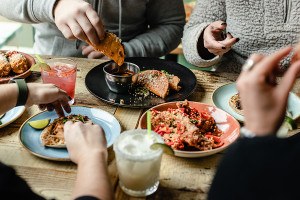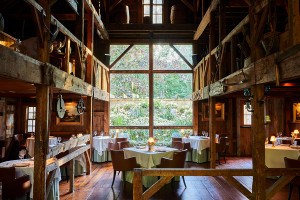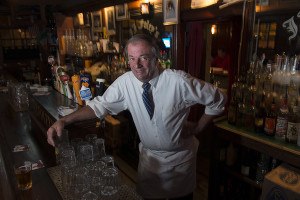George Howell’s Opening a New Coffee Shop Downtown
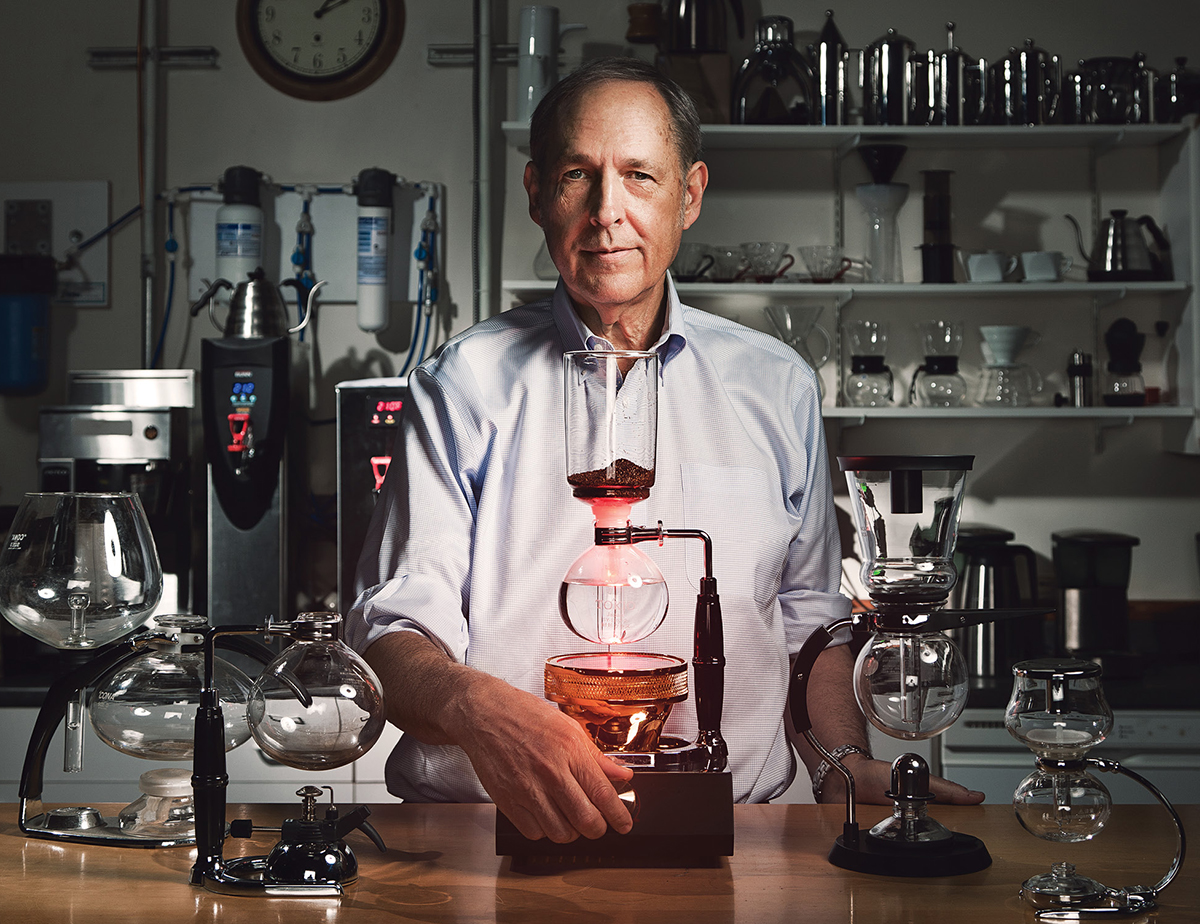
Outside of a percolator, Howell’s new shop offers every type of brewing method, including siphon. / Photograph by Miller Mobley
Before the proliferation of micro-lot roasting, recreational cuppings, and direct-trade evangelists, there was George Howell. Since launching the vanguard Coffee Connection in 1974—his Harvard Square pulpit dedicated to light roasts and terroir-driven brews—Howell’s influence on both bean and barista has continued to percolate.
Along with 24 trendsetting cafés that infiltrated grunge-era New England, Howell’s legacy includes the Cup of Excellence—the influential competition that finds and rewards small coffee growers around the globe—and, of course, the little invention that helped fund the second act of his career: the Frappuccino, which he sold to Starbucks (along with the whole Coffee Connection franchise) in 1994 for $23 million in stock.
But now the coffee icon has a new target in his caffeinated crosshairs: your corner café. Howell is looking to reinvent the coffee-shop experience—starting with his soon-to-open third-wave coffee temple at the Godfrey Hotel, in downtown Boston.
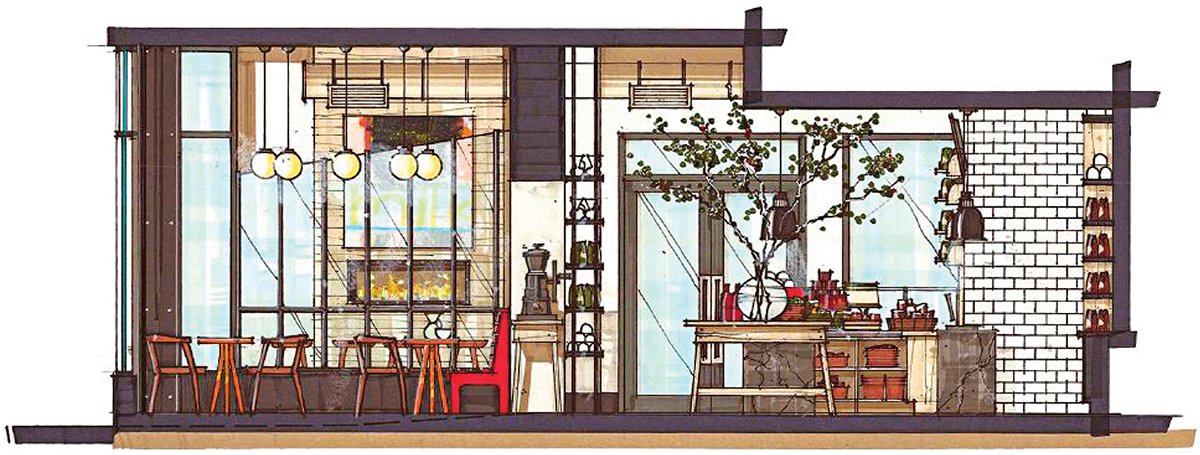
A glimpse inside Howell’s ambitious downtown shop, which will feature a live coffee tree and an extensive selection of beans. / Image courtesy of George Howell
The initial prototype (Howell also has locations planned for Cambridge, Somerville, and New York) strips the coffee-shop paradigm to its studs. To encourage open dialogue, Howell is abdicating all physical barriers—starting with the counter itself. Here, there are no baristas huddled behind chrome La Marzoccos. Instead, he’s employed two movable islands that will serve as a workbench for on-hand coffee techs qualified to diagnose home equipment (à la Apple’s Genius Bar), and baristas conducting tastings and interactive demos.
An undercounter Modbar system not only eliminates the imposing façade of an espresso machine, but also the inconsistencies of an employee juggling multiple drip and espresso drinks—freeing up the barista to “become a communicator,” Howell says. “Which I think is an essential piece, almost like a sommelier.” The wine analogy also extends to the café’s prolific menu, which Howell likens to a wine shop in its breadth and variety.
Unlike other high-profile roasters, such as Stumptown, Howell is a big believer in freezing beans prior to oxidation, allowing him to source in bulk, rather than seasonally. That approach benefits the company in a number of ways: Up to 25 single-farmed coffees will be sold in full- and quarter-pound bags (to encourage experimentation), as well as in 4-ounce flights, something that’s been a goal of Howell’s since his early Coffee Connection days.
Though Howell takes great pains to educate his baristas on the perfect cold brew and cortado, he insists coffee’s true magic lies within the unroasted bean—an ethos suggested by Howell’s design plans, which include a live coffee tree growing inside the shop. “The roaster is like an orchestra director,” Howell says. “But the farmer, he’s the one producing the score.”
Not Your Average Joe
Three other indie cafés helping cement Downtown Crossing’s status as a java junkie’s dream neighborhood.
La Colombe: The Philly roaster’s first Boston location focuses on cold coffee, with its Pure Black and Draft Latte on tap. Read more.
Gracenote: What it lacks in elbowroom, it makes up for in expertise thanks to local roaster Patrick Barter and ace barista San Bellino, formerly of the Coffee Trike. Read more.
Jaho Coffee Roasters & Wine Bar: Come for a Vietnamese iced coffee, stay for the shiraz at this boozy steampunk extension of the Salem original.
